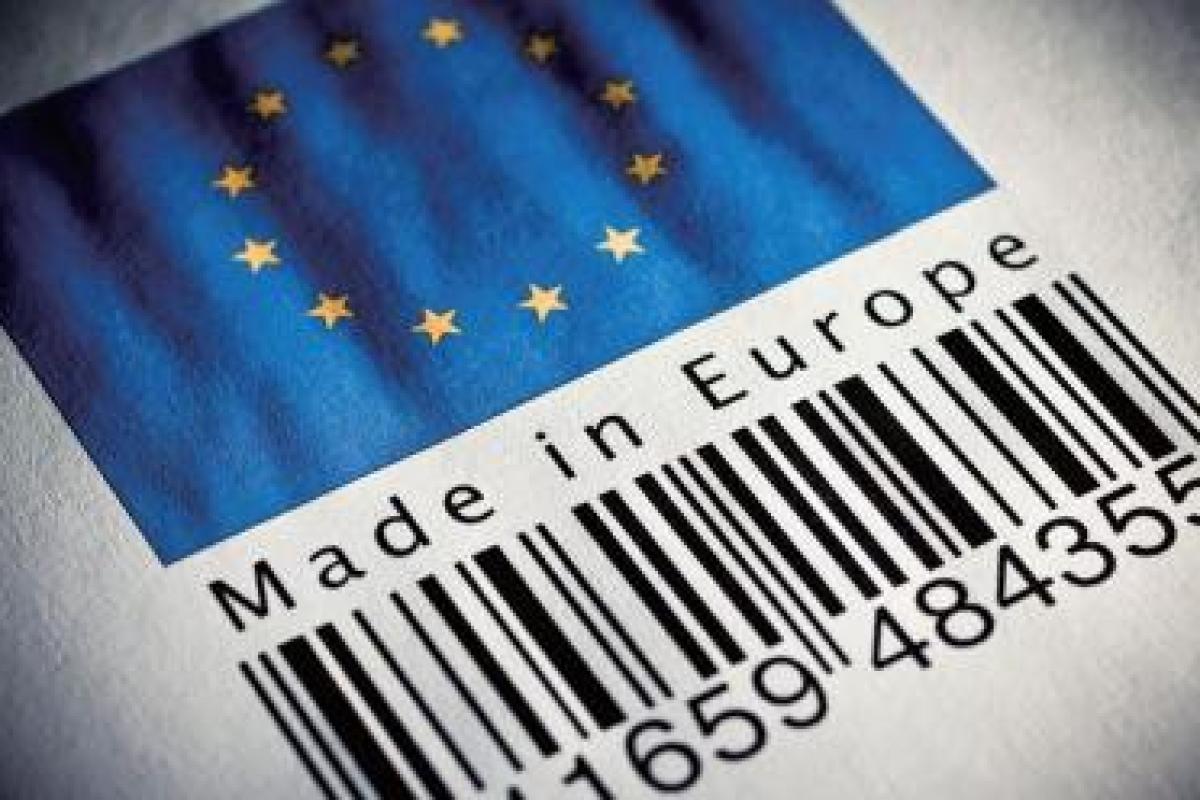June 23rd was a big day for Europe. As the UK decided on its future within the European Union, big questions were being asked about what it means to be part of Europe and what value, if any, the EU brand provides. As a nation we’ve heard plenty on Brand Britain and the impact of Brexit on our own national identity and reputation. However, regardless of the outcome, the impact will be far more profound for Europe as we start to question its purpose and story in today’s world.
Brand EU Today
As it stands, Europe does not have a clearly defined brand. Even as a continent, it’s always been a bit hazy as to where it starts and ends, and what countries it represents. It feels as if Europe’s borders continually flex to suit different situations. For example, when it comes to the Eurovision or European football, Russia, Israel and Turkey are always in the mix, but these countries aren’t always regarded by Western Europeans as having a part in broader political discussions. Sweden is part of the EU, but Norway is out. Switzerland, which sits smack bang in the middle of it all, doesn’t take part in the EU, yet many European headquarters are based there. The EU in itself represents a very different type of Europe, one that is quite possibly the most remote and removed from the individual.
The European Union, or EU as we’ve come to know it, hasn’t done itself any branding favours. It looks, feels and acts like a cold, corporate entity – big, bland and bureaucratic – rather than a brand that connects with people of all backgrounds and nationalities on a human level. What it offers can only be described as a collection of pragmatic benefits, which feel more relevant to governments and big business than the every day person. The reality is more beneficial than we like to give it credit for. Freedom of movement and universal currency has made our lives easier when we decide to travel to Spain or France for our holidays. Yet, that same efficiency and seamlessness of the EU has somewhat overshadowed and swallowed up Europe’s magic.
Right now, in Britain there’s very little we seem to love about Europe as a continent. We’re physically separated by a strip of sea and have very little connection with a place we don’t feel as part of as we should. Holding on to our dear British pound has been more than just good economics. More recently, Europe’s reputation and image has been dominated by the migrant crisis, terrorism and bailed-out governments. Much of what we hear is politically motivated rather than personally relevant, which means Europe is no longer resonating with its British audience. Quite simply, the brand is no longer fit for purpose and it must find its magic once again to have a place in our lives.
Ultimately, the birthplace of Western civilisation has a lot going for it. There’s a rich and colourful history that connects big and small nations through times of war and peace. East versus West, North versus South, regardless of where the battles have been fought the values of liberty, equality and solidarity are universal. Of those, liberty is perhaps Europe’s most unique and meaningful value, a basic human right for every man, woman and child to live their life how they choose and to respect others in the same vein. It’s rather sad, then to see Europe’s liberal heart become its biggest weakness. But, rather than kill the very thing that makes it special in the first place, let’s redefine it for a new era.
Brand EU Tomorrow
There’s no denying that Europe is an attractive place; for those fleeing war zones and persecution, for those searching for economic growth and a life of aspiration and achievement. The “Made in Europe” stamp has credibility and substance for so many people, business and organisations outside of the Eurozone. It’s those within it that needs convincing.
The EU can start improving its brand by making membership a valuable asset for everyone involved. Being part of Europe should feel special, bringing both prestige and opportunity for everyone involved. To do that, it needs to stop behaving like a dictatorship where Brussels gets to tell others what to do and how to do it, but act as a collective that celebrates every national identity and elevates them as a team of nations. Note the term “team” and not “league,” as Europe has been there before. This time the EU can position itself as an active and involved collaboration, not a football division. As a team of nations working together, this gives every national identity the room it needs to breathe.
There’s no denying that when you think of Audi, you think of Germany. With IKEA you think of Sweden, L’Oreal is French and Burberry is British. Together all of these should feel European and convey a sense of being solid, efficient, smart, sophisticated and original. It should sound like a person you would want to meet. It starts to give Europe more warmth and emotion when you think of it as a person and not a label. It has depth, meaning and idiosyncrasies. It feels like a place full of colour and contrasts. That’s what makes it wonderful. That’s what makes it human. It recognises when things aren’t working and adapts. How loyal and invested you are reflects in what recognition and influence you have. It’s where social movement meets Star Alliance. A colourful collective united by freedom and humanity, creating a better experience for everyone who takes part and contributes to its cause. For brands that want to sign up to this movement, “Made in Europe” starts to really mean something more than a political statement.
After all, what hasn’t killed Europe has made it stronger.
What Brexit Means for The EU Brand
Brexit and The EU Brand
